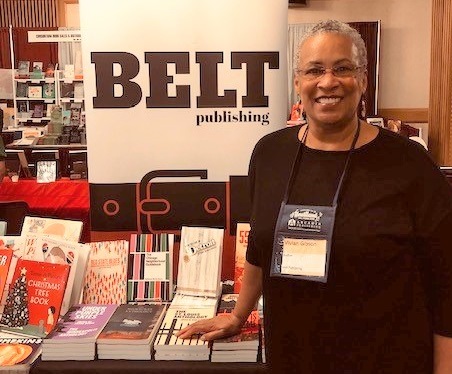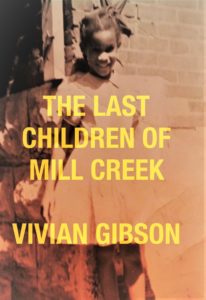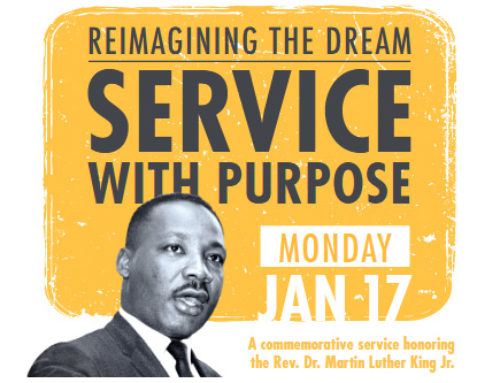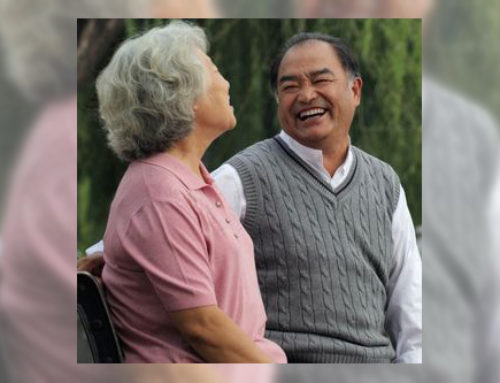How an Oasis Member Vivian G. Became a Published Author at Age 70
 When I was a little girl, I sold Kool-Aid on the sidewalk in front of our house on hot summer afternoons. The two sleeves of small white cone-shaped paper cups my dad retrieved when an office on his trash collection route switched from a bottled water dispenser to an electric water fountain inspired me. The cups were perfect for a penny-size gulp of sweet, flavored, red water. Using ingredients sourced from our kitchen, made the twenty-five or thirty cents I earned each day pure profit.
When I was a little girl, I sold Kool-Aid on the sidewalk in front of our house on hot summer afternoons. The two sleeves of small white cone-shaped paper cups my dad retrieved when an office on his trash collection route switched from a bottled water dispenser to an electric water fountain inspired me. The cups were perfect for a penny-size gulp of sweet, flavored, red water. Using ingredients sourced from our kitchen, made the twenty-five or thirty cents I earned each day pure profit.
In the late 1960s, skirts were getting shorter, and I could make one from a half yard of fabric, a 24-inch length of elastic and four seams —in a half hour. I’d go to school wearing a new skirt I had made the night before. Soon I was selling them to my classmates and a few teachers.
When my brother Shep sent me luxurious silk brocade fabric from Vietnam for my sixteenth birthday, I made fancy smoking jackets with black peau de soie shawl collars, like the one I saw Frank Sinatra wear in the movie Pal Joey. I quickly sold them for $20.00 each and wrote my brother to send more fabric. He did.
And so it went, for the next fifty or so years: designing women’s fashions, producing fashion shows, catering parties, and developing a line of hot sauces and seasonings. I marketed and sold what I made, generating just enough interest and money to spur me on to the next enterprise. I had a day job, so I was self-financed but perpetually underfunded, and lacked the connections to move my businesses to the next level. I didn’t need the extra money to survive. I needed the creative fulfillment and the exhilaration that accompanied “making stuff.”
Along the way, I had two marriages, and raised two lovely children. My son and daughter thought a mother who went to work as an education and nonprofit administrator during the day, attended evening college classes or ran businesses after work, and sold the things she made on weekends was normal.
When I retired from recruiting volunteer mentors in January of 2015, I ignored advice from those retirees who had preceded me. One unheeded suggestion was: “don’t over-schedule.” In my first year of retirement, I served on a school board and my condo board, played in a golf league, tutored a second grader, joined a community roof gardening group, and added a second book club.
Sometime around the middle of that first year of voluntary unemployment, I decided to purge unwanted paper in file drawers and on just about every surface in my second bedroom/office. I bought a paper shredder and whirred through mounds of documents off and on for weeks. I stopped periodically to read, then set aside, yellow pads, spiral notebooks, single sheets of paper, envelopes, even paper napkins, all scrawled with thoughts I’d deemed worthy of recording over decades.
Coinciding with signing up for social security benefits, my junk mail took on a distinctively geriatric theme: senior living brochures, ads for health ID bracelets, funeral arrangements, and estate planners had started showing up in my mailbox. On a more optimistic side, the local St. Louis Oasis catalog promoted “Lifelong Adventure”. I signed up for intergenerational tutor training, then an exercise class, and a fascinating seminar on the life of W.E.B. Du Bois. Eventually, I joined a creative writing workshop. The slightly daunting class description read Class members will have the opportunity to share their writing with the group and receive feedback. The Oasis workshop participants were mostly retired physicians, lawyers, educators, and business professionals who now had the time to write poetry, a novel they’d been thinking about for years, or a memoir. After a few classes, I worked up the nerve to share my first piece. The feedback was positive and constructive—the first rules of workshopping. Soon I looked forward to reading my stories aloud.
Then things went in an unexpected direction. My fellow writers started talking about my work as if I were one of them, you know, a writer. I was the only black person in the class, so I thought they were overly indulgent to make me feel accepted. I’d been dodging curiosities and well-intended micro-aggressions since the first class. And I was convinced their positive feedback had to do with my subject matter. I wrote mostly about my childhood in a part of St. Louis that few white people had ever experienced. Besides, I had no delusions about being a writer. I wanted help in organizing years of thoughts into a coherent manuscript that I could share with my family.
As is my tendency, I threw myself into months of writing and rewriting my “mini memoirs.” The workshop leader suggested I submit something to a literary magazine, “Vivian, people want to read about this,” she said. I resisted because I was not convinced that what I had so much fun writing was literary. Eventually, I submitted a piece to a request for stories written by Black women. It became part of an off-off-Broadway spoken word production in Brooklyn. I was amazed and excited but still feeling like a pretender.
 Late one night, my workshop leader emailed a link from Belt Publishing—a request for contributors to a St. Louis Anthology. She wrote: “You should submit to this.” I submitted two recently workshopped pieces. The next morning, the editor of the anthology wrote back, saying: “At a quick glance, I think these are fantastic. If you have more, I would love for you to submit them as well.” I sent two more stories. He selected three for the anthology.
Late one night, my workshop leader emailed a link from Belt Publishing—a request for contributors to a St. Louis Anthology. She wrote: “You should submit to this.” I submitted two recently workshopped pieces. The next morning, the editor of the anthology wrote back, saying: “At a quick glance, I think these are fantastic. If you have more, I would love for you to submit them as well.” I sent two more stories. He selected three for the anthology.
While I was trying to wrap my head around the idea that my little stories would be in a book for the world, or St. Louis, to read, I got another email. It was from the publisher of the anthology at Belt. She wrote that the editor of The St. Louis Anthology, had shared my submissions with her, and she “loved them.” She went on to write, “Your writing is gorgeous, and the life and history you discuss are fascinating. I would be thrilled to discuss the possibility of Belt publishing this memoir you are currently drafting. I think this book will find many eager readers.” Now, I am a published author, and can truly say how much I look forward to what’s next!
Vivian’s memoir, The Last Children of Mill Creek, can be pre-ordered at beltpublishing.com
Vivian’s story inspires and show she is certainly making her mark! As we continue to celebrate Older Adults Month, share with us in the comments section just how you, too, are making your mark.






I’m ordering Ms. Gibson’s book today! Thank you for highlighting her story!
Thank you, Bonnie. I hope you will enjoy my storytelling.
I had the privilege of reviewing Ms. Gibson’s book prior to publication. In fact, I was the first to review it on Goodreads. Her book easily earned 5 stars. I did not grow up in St. Louis, so I was unaware of this area. Her story was magnificently told, so much so that when I finished it, I felt I had walked alongside her on a tour down Memory Lane. Hers is a story with an everlasting effect on this historical fiction writer. Thank you for bringing Vivian to light in this article and thanks to Oasis for giving wings to her words.